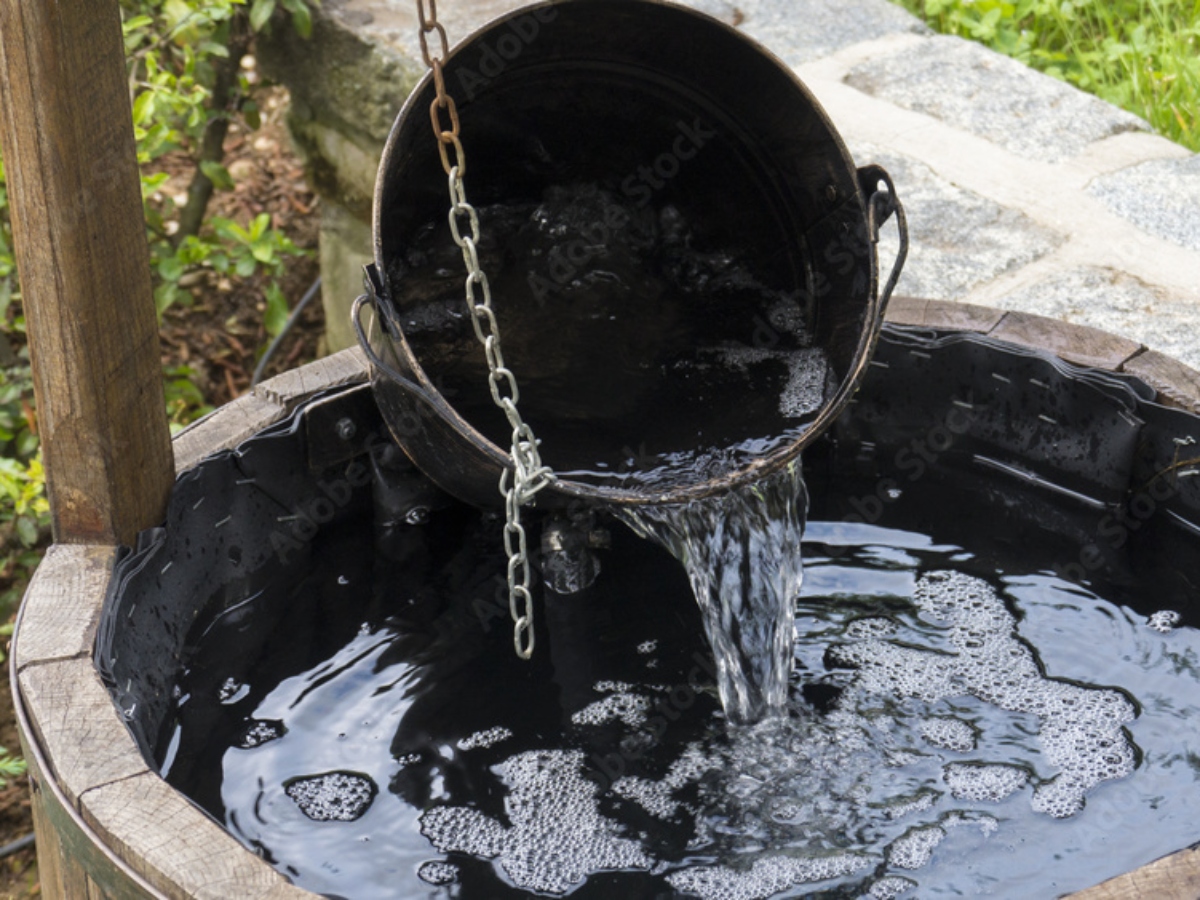Agriculture and our farmers are vital to communities and to our country. Our farmers feed us, some can keep up clothed, and all are stewards to our lands. Their commitment to providing the best for our society comes at the cost of mass production. Mass production ruins the water quality for agriculture through a few uses.
The recommendations of how to control food and commodity production by the Food and Drug Administration (FDA) causes over harvesting. By overharvesting our crops, we are submitting our soil into a vicious cycle that leads to lowering water quality for agriculture.
The Problems With Agricultural Increases
There is a 1.2% growth rate. As a result, the population will double in the next 56 years.This means that our agricultural production is set to increase dramatically. Increased agricultural production can lead to a few different issues pertaining to water quality problems.
Yielding High Production Affecting Water
First, yielding a high production for agriculture includes both crops and livestock.
To begin, National Geographic, agriculture accounts for using 70% of human freshwater consumption. Irrigation schemes put the water into croplands. Given our 1.2% growth rate, water usage could be increased by a minimum of 15% by the year 2050. Irrigation supports the large yield volume. This is used in places in California that don’t receive enough rainfall to supplement growth and others.
With the high demand, there are consequences of utilizing this much freshwater for our agriculture demands. There is an impending reality of aquifer, river systems, and downstream water systems becoming depleted. However, there are other scary effects that the water demands can cause such as:
- Waterlogged areas due to high irrigation.
- Soil conditions that poison plants through decomposition.
- Soils having too much salt, affecting plant growth.
- Increased water evaporation, increasing surface and atmospheric temperature conditions.
- Cropland irrigation influencing rain patterns, leading to droughts.
- Erosion of coastlines.

Increased Pesticide Use
Second, pesticide usage promotes poor water quality as well. A common pesticide used in rural areas is atrazine. Atrazine is often used as a weed killer. This chemical is tied to hormonal irregularities among other health concerns. According to the Scientific American, “In 2009, a study tied atrazine in drinking water to low birth weight in Indiana newborns. And in a study of more than 3,000 women enrolled in the Agricultural Health Study, those who described using atrazine and other pesticides had an increased risk of missed periods and bleeding between periods. The Agricultural Health Study is a nationwide project sponsored by the National Institutes of Health.” According to the Environmental Working Group’s (EWG) Tap Water Database, between 2015 and 2017, atrazine was found in water systems serving 44 million people in 35 states.

Increased Fertilizer Use
Fertilizers use chemicals that harm our water. These chemicals include nitrate and phosphorus. Both of these chemicals are harmful to human health. According to the EWG, Nitrate in drinking water is linked to cancer, birth defects, and other human health issues. While, phosphorus causes toxic algae blooms. In 2014, Toledo, Ohio issued a do-not-drink order to 500,000 residents for three days. This shutdown was due to the massive, toxic algae blooms. In addition to these chemicals, manure can carry pathogens like E. coli and antibiotic-resistant bacteria.
So how do those chemicals end up in our fresh water source?
This happens through soil erosion. Many farmers utilize pesticides and fertilizers to keep weeds and pests from destroying their crops and to add more nutrients to our soil. Stormwater and irrigation on farms carry these chemicals and manure to gullies, streams, lakes, and rivers and seeps into groundwater that utilities rely on for water, as well as into private household wells.
Eutrophication Leading to Lowered Water Quality
Finally, with soil erosion comes eutrophication. Too many nutrients in the water causes eutrophication. To explain, high levels of nitrogen and phosphorus lead to unlimited algae growth in our fresh water systems. Large algae blooms have a large decomposing bacteria population. The bacteria consumes the dissolved oxygen in our water. Low oxygen levels kill fish and create “dead zones,” which are areas in water that do not have oxygen. Excess algae and decomposing fish lead to turbidity. Turbidity decreases our fresh water quality.
Water Quality for Agriculture
Farm polluants greatly affect rural communities. Treating water may seem expensive at first, but the investment pays off. Make sure to do everything in your power now to decrease health issues in the future. The solution? In short, water filtration. Water filtration is one of the best investments you can make for yourself and your livelihood. We know that our nation can’t thrive without our farmers.
Finally, to begin the process towards a safer water system, contact ONIT water today. Our free water test allows you to know exactly what is in your water, and the best steps moving forward. We are available online or through telephone to answer any questions you may have, and give advice. Call us today at 1-833-433-0331.
Bundle deal alert! Bundle your ONIT Home purchases together for a $1,500 voucher to be used with our water filtration, security systems, or solar panels. Or, receive a $2,000 security system for $1,000 with a purchase of a water filtration system. Ready to go solar? Every solar panel system is a two week installation and comes with a free home security and water filtration system! Learn more about our bundling deals today by calling us at 1-833-433-0331. Whatever you need, we’re ONIT!



